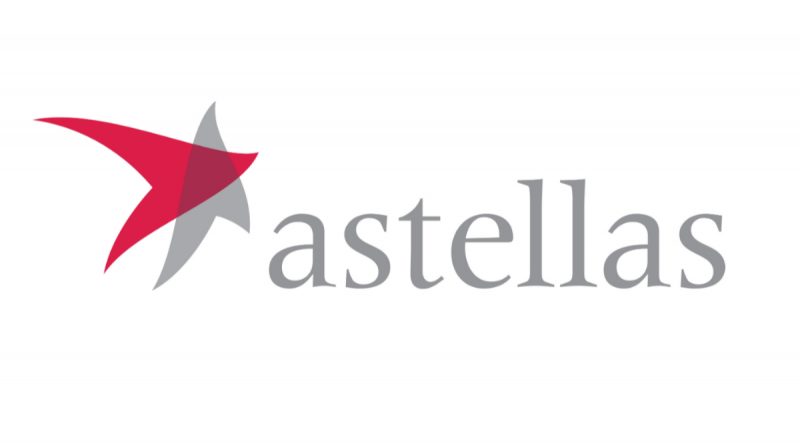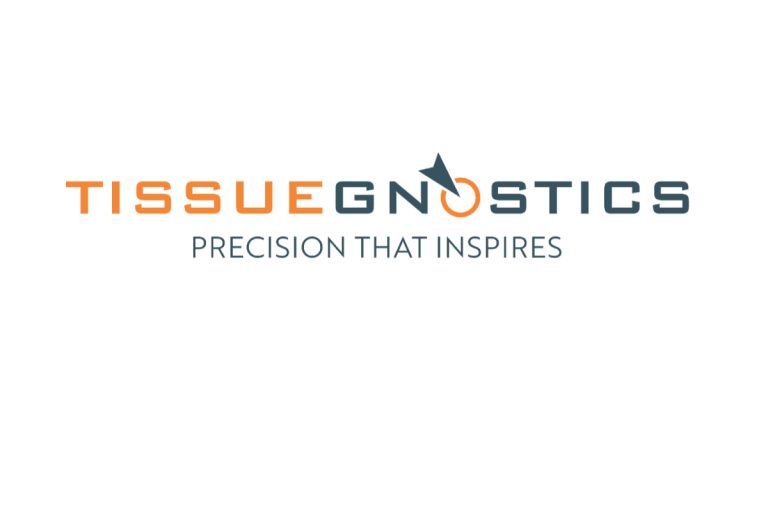EC approves XTANDI™ (enzalutamide) for Metastatic Hormone-Sensitive Prostate Cancer
The European Commission has approved Astellas’ XTANDI™ (enzalutamide) for men with metastatic Hormone-Sensitive Prostate Cancer (mHSPC).
Japanese multinational pharmaceutical company Astellas Pharma announced this week the European Commission’s (EC) approval of an additional indication for XTANDITM (enzalutamide), an oral once-daily treatment for adult men with metastatic hormone-sensitive prostate cancer (mHSPC). Men with mHSPC diagnosis (also known as metastatic castration-sensitive prostate cancer or mCSPC), commonly have a low prognosis, with a median life expectancy of 3 to 4 years, highlighting the urgent need for new treatment solutions.
Enzalutamide now the only EC approved oral therapy for three distinct types of advanced prostate cancer
With the new indication, Enzalutamide is currently the only oral drug authorised by the European Commission to treat three forms of advanced prostate cancer: non-metastatic, metastatic castration-resistant prostate cancer (CRPC), and mHSPC.
Andrew Krivoshik, M.D., Ph.D., Senior Vice President and Global Therapeutic Area Head, Oncology Development, Astellas stated:
“Enzalutamide has been an established standard of care for men with advanced prostate cancer and has been prescribed to more than 610,000 patients worldwide since it was first approved in 2012. This new indication for enzalutamide provides men with mHSPC a much-needed, additional therapy option earlier in their treatment journey. We look forward to working with health authorities across Europe to ensure men with mHSPC have access to enzalutamide as soon as possible.”
The pivotal Phase 3 ARCHES clinical trial
The European Commission gave its approval based on the study results of the pivotal Phase 3 ARCHES trial, which examined enzalutamide in men with mHSPC.
Andrew Armstrong, M.D., Professor of Medicine, Surgery, Pharmacology and Cancer Biology, Director of Research in the Duke Cancer Institute’s Center for Prostate and Urologic Cancers and lead investigator of ARCHES said:
“Metastatic hormone-sensitive prostate cancer patients have limited options and, unfortunately, there is a poor prognosis for many men. The research supporting this approval provides clinical evidence showing how enzalutamide can help improve outcomes for men with mHSPC, which gives healthcare professionals in Europe the option to offer the treatment across the advanced prostate cancer disease continuum.”
The ARCHES trial demonstrated that enzalutamide plus androgen deprivation therapy (ADT) decreased the risk of radiographic progression or mortality in men with mHSPC by 61% compared to placebo plus ADT in men with mHSPC (n=1,150; hazard ratio HR=0.39 [95% confidence interval (CI): 0.30-0.50]; P0.0001).
The study data of the ARCHES trial’s safety analyses tend to be consistent with enzalutamide’s safety profile in previous CRPC clinical trials. In ARCHES, patients receiving enzalutamide plus ADT and those receiving placebo plus ADT experienced comparable Grade 3 or greater adverse events (AEs) (defined as severe/disabling or life-threatening) (24.3% vs. 25.6% ). The EC’s marketing authorization for enzalutamide in men with mHSPC is valid in all EU member countries, as well as Iceland, Norway and Liechtenstein. The financial projections for the current fiscal year, which ends March 31, 2022, will be unaffected by this) approval.
The ARCHES trial (NCT02677896), which is a company-sponsored Phase 3 randomized, double-blind, placebo-controlled trial, recruited 1,150 patients with mHSPC at sites across the United States, Canada, Europe, South America, and Asia-Pacific. The patients in the study were given either enzalutamide 160 mg daily or a placebo, and they were also given a luteinizing hormone-releasing hormone (LHRH) agonist or antagonist or underwent bilateral orchiectomy. The primary endpoint of the trial was radiographic progression-free survival (rPFS) assessed by blinded independent central review. rPFS was defined as the time from randomization to radiographic disease progression at any time or death. The presence of two or more new bone lesions on a bone scan with confirmation (Prostate Cancer Working Group 2 criteria) and/or development of soft tissue disease is used to identify radiographic disease progression within 24 weeks after study drug discontinuation. Patients were stratified by volume of disease (low vs high) and prior docetaxel therapy for prostate cancer (no prior docetaxel, 1-5 cycles, or 6 prior cycles).
About metastatic Hormone-Sensitive Prostate Cancer (mHSPC)
Metastatic hormone-sensitive prostate cancer (mHSPC) is the disease space whereby men have metastatic prostate cancer and have never received (ie. are sensitive to) androgen deprivation therapy (ADT). When prostate cancer has progressed and disseminated outside of the prostate gland to other areas of the body in men, the condition is called metastatic. If a man’s condition reacts to medical or surgical therapy to reduce testosterone levels, is called hormone- (or castration-) sensitive. Men diagnosed with mHSPC that start ADT therapy have a median life expectancy of 3-4 years.
About XTANDI™ (enzalutamide)
Enzalutamide is an androgen receptor signaling inhibitor indicated in the EU for the treatment of adult men with:
- Metastatic hormone-sensitive prostate cancer (mHSPC, also known as metastatic castration-sensitive prostate cancer or mCSPC) in combination with ADT.
- High-risk non-metastatic castration-resistant prostate cancer (CRPC).
- In patients with metastatic CRPC that are asymptomatic or moderately symptomatic following failure of androgen deprivation therapy whom Chemotherapy is not yet clinically recommended.
- As well as Indicated for adult men with metastatic CRPC whose condition has worsened after or through docetaxel treatment.
About the Pfizer/Astellas Collaboration
In October 2009, Medivation, Inc., which is now part of Pfizer (NYSE:PFE), and Astellas (TSE: 4503) entered into a global agreement to jointly develop and commercialize enzalutamide. The companies jointly commercialize enzalutamide in the United States and Astellas has responsibility for the manufacturing and all additional regulatory filings globally, as well as commercializing enzalutamide outside the United States.
Recommended Companies
Ad
More Headlines






